
Here’s a quick lede on history.
The art of brewing has been constantly evolving for thousands of years. Technologies like heated stones, elbow thermometers, and fish bladder finings may have run their course, but others transformed beer. Which were the most significant? The answers lie herein!
Last week, VinePair published an article about the birthplaces of famous beer styles. It included some hinky information—offering me the opportunity to explore an important topic: the “romantic fact.” That is, a story shot through with fascinating, possibly nostalgic details that turn out to be hogwash.
Today we travel to a time where cars sail overhead and money has lost all meaning as we luxuriate in worlds of leisure. And beer? The year is 2050, and if you want to know what beer looks like, click on through.
One of the most interesting historical figures in all of brewing history is Antoine Joseph Santerre, a Parisian brewer in the latter decades of the 18th century. He came from a line of brewers, married a brewer’s daughter, and bought a brewery with his brother. He is far more famous for his politics, however.
A Thanksgiving Day tale stuffed, roasted, and served piping hot.
The beer world is full of characters, including many who lived long ago. Imagine being able to sit down with ten of them for a few hours over a beer. Whom from among these vivid characters would you select?
On this week in which the United States had a very historic election, it’s a good opportunity to reflect on how inextricable beer is from politics. In today’s post, an example from one of the most historic regions, Czechia.
Art Larrance, the founder of Portland Brewing and the Oregon Brewers Festival in the 1980s and the Raccoon Lodge and Cascade Brewing in the 1990s and 2000s, died over the weekend. He left a large legacy and helped create the culture that defines the state.
Dating breweries, like counting them, is an act of interpretation. Once a brewery’s age passes into the centuries, interruptions are certain. Sometimes breweries take advantage of those gaps to push their founding date backward. So let’s take the most famous date of all, Weihenstephan and 1040 CE.
A team of Irish researchers just published a paper about their project to recreate a 16th-century Irish ale using period ingredients, equipment, and processes. Along the way, they surfaced quite a few things I didn’t know about beer made nearly 500 years ago.
Craft beer is suffering a real identity crisis as consumers move on to other beverages. But is it also an existential crisis or something more cyclical? Here’s a reason to think it may be the latter.
An old document on my hard drive from the Oregon Brewers Guild contains a list of all the breweries active in Oregon around the turn of the 21st century. Slightly less than half are still around—but compared to regular US businesses, that’s really good.
The rise and fall of most styles are mysteries we must chalk up to “cultural” forces. In one case, however, we might blame Ena Sharples.
Old breweries compact time and preserve it. The hands of old brewers are evident in every dent and scuff. Their habits are preserved in the movements of the brewers they trained. When I stepped into Caledonian’s brewhouse, wort steaming and foaming in weird bespoke coppers, it might have well been 1869.
Bud Clark died last week. He was one of Portland's most popular mayors, and sneakily famous for his “Expose Yourself to Art” fundraiser. In a city famous for beer, however, the old publican was also the city's most iconic figure.
A new brewery in Scotland specializes in vat-aged beers that draw on traditions of previous centuries (as well as this one). Founder Gareth Young, a former university philosopher, has discovered an important style once brewed in his home town: Glasgow porter. He explains herein.
It’s hard to imagine a time before bourbon-y imperial stouts were our trusty winter fortification, and yet it’s a relatively recent development. Here’s the story.
Molson Coors announced it was ceasing production of a bunch of minor brands it owned, including one that hurts Oregonians’ hearts: Henry Weinhard’s Private Reserve. It was a beer that helped make the city Beervana, but also a remnant of a dying era.
Every beer contains a whiff of history. Traditional Berliner weisse, which went extinct in the mid-aughts before enjoying a revival years later, contains more than a whiff. Yesterday, at Portland’s Zoiglhaus brewery, I sampled both the ghost and its reincarnation.
The Covid pandemic has been especially brutal on downtown businesses, and last week claimed one of the most important independent bars in Portland, Bailey’s Taproom. It counts as its legacy a host of breweries it championed and a richer, more interesting beer scene.
Although it only survived six years, New Albion Brewing earned its place in American history by ushering in the era of craft brewing. One of the founders, Jack McAuliffe, has been celebrated for his groundbreaking venture. But it wouldn’t have been possible with his brewing and business partner, Suzy Denison. Here’s her story.
Oktoberfests, a daring person might argue, are the finest of all lagers, so rich and yet so balanced. Even a timid one must agree they’re the most underrated. So let us now delight in their annual return.
A story Fritz Maytag told in 2010 would seem to complicate the narrative about the “first American IPA.”
If the name or ingredients in a beer change over the century, is it a different beer? How do we contend with “style” in the historical record when beers evolve?
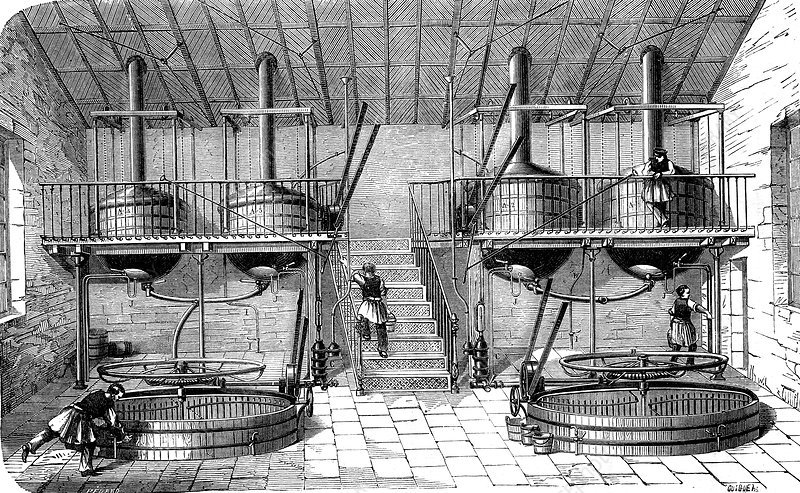



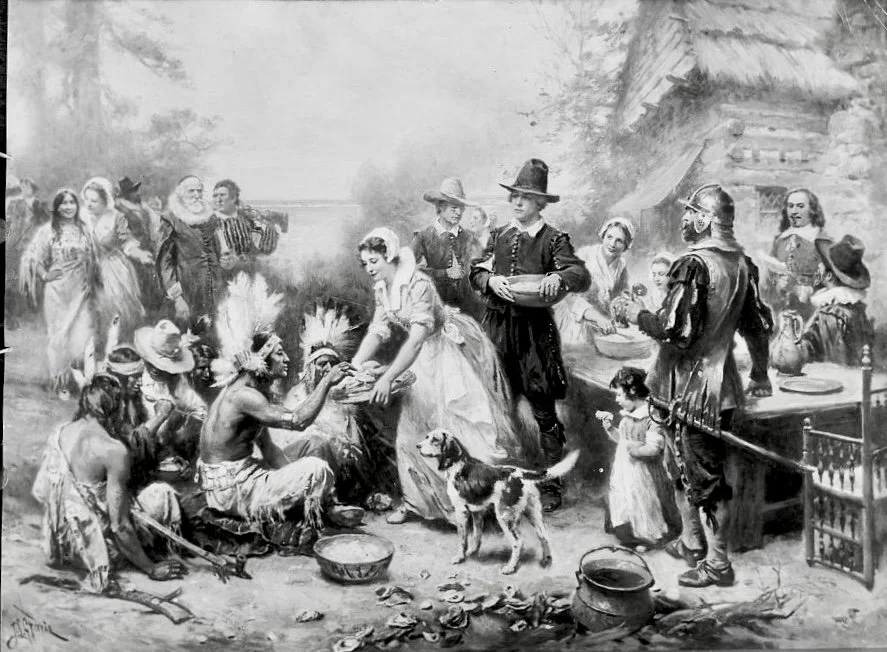





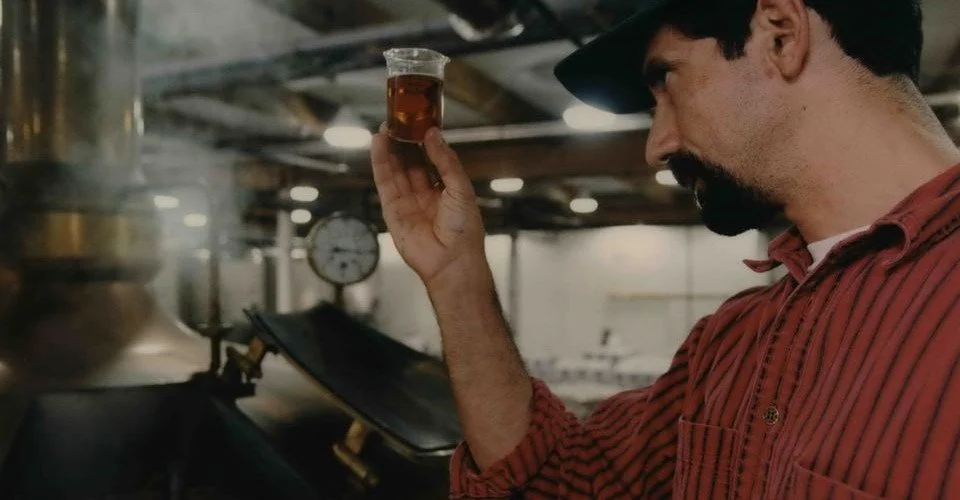


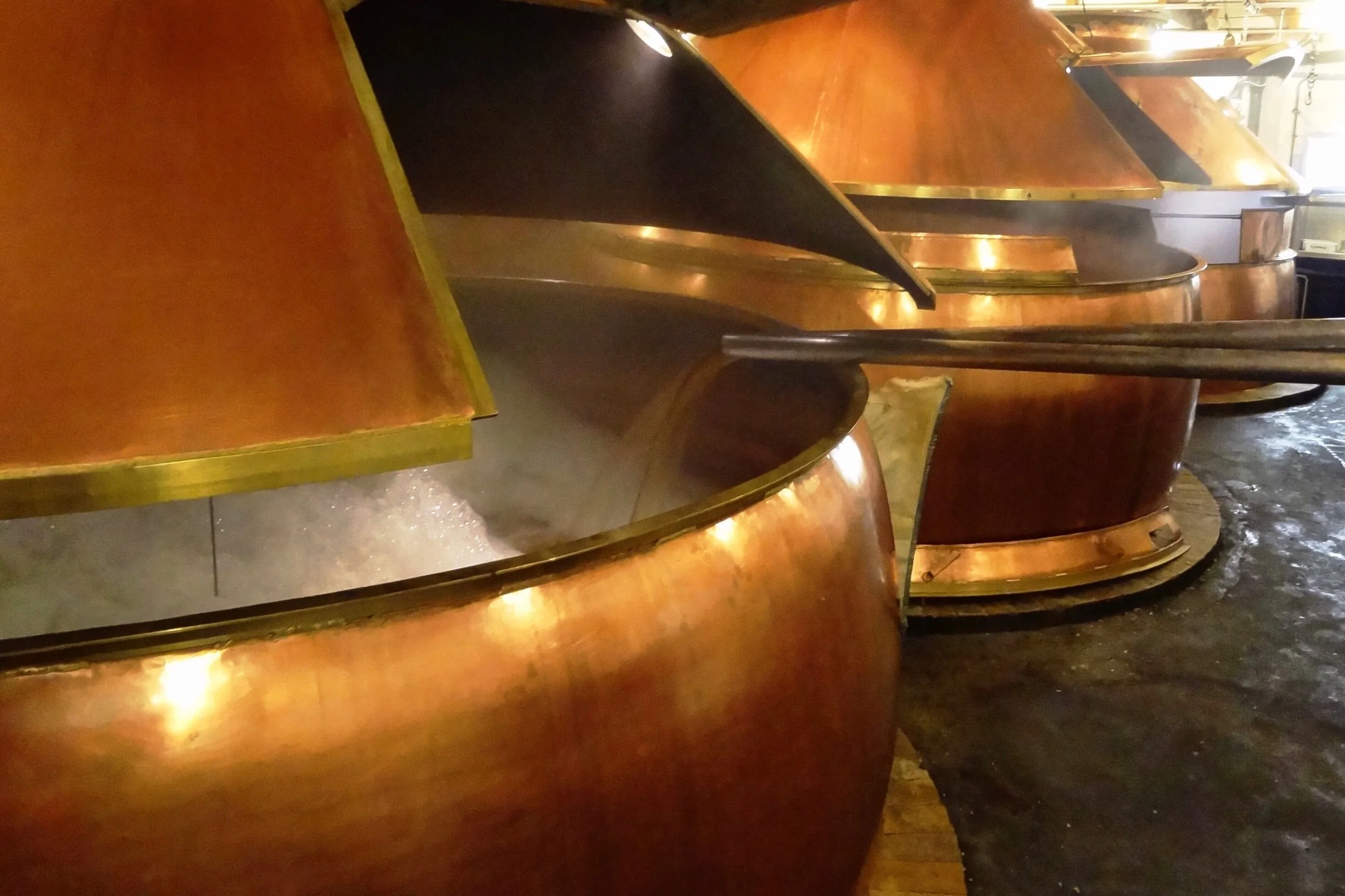


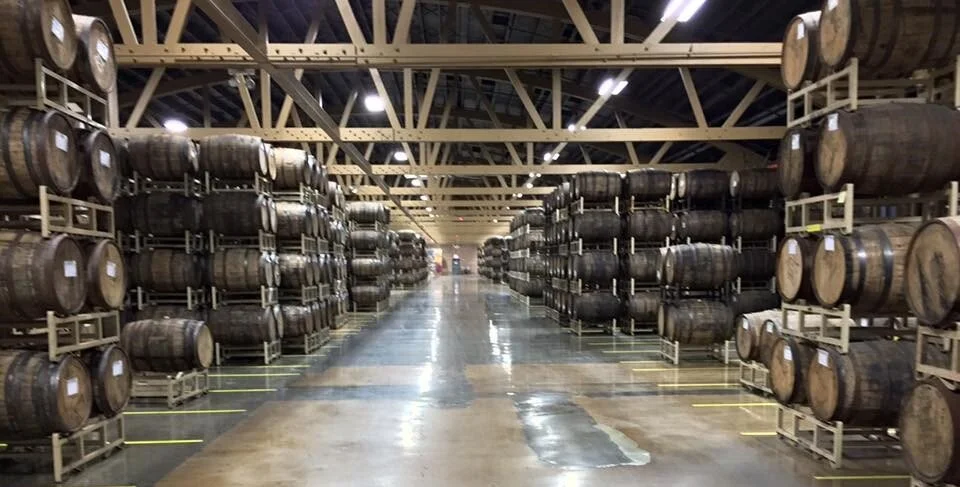

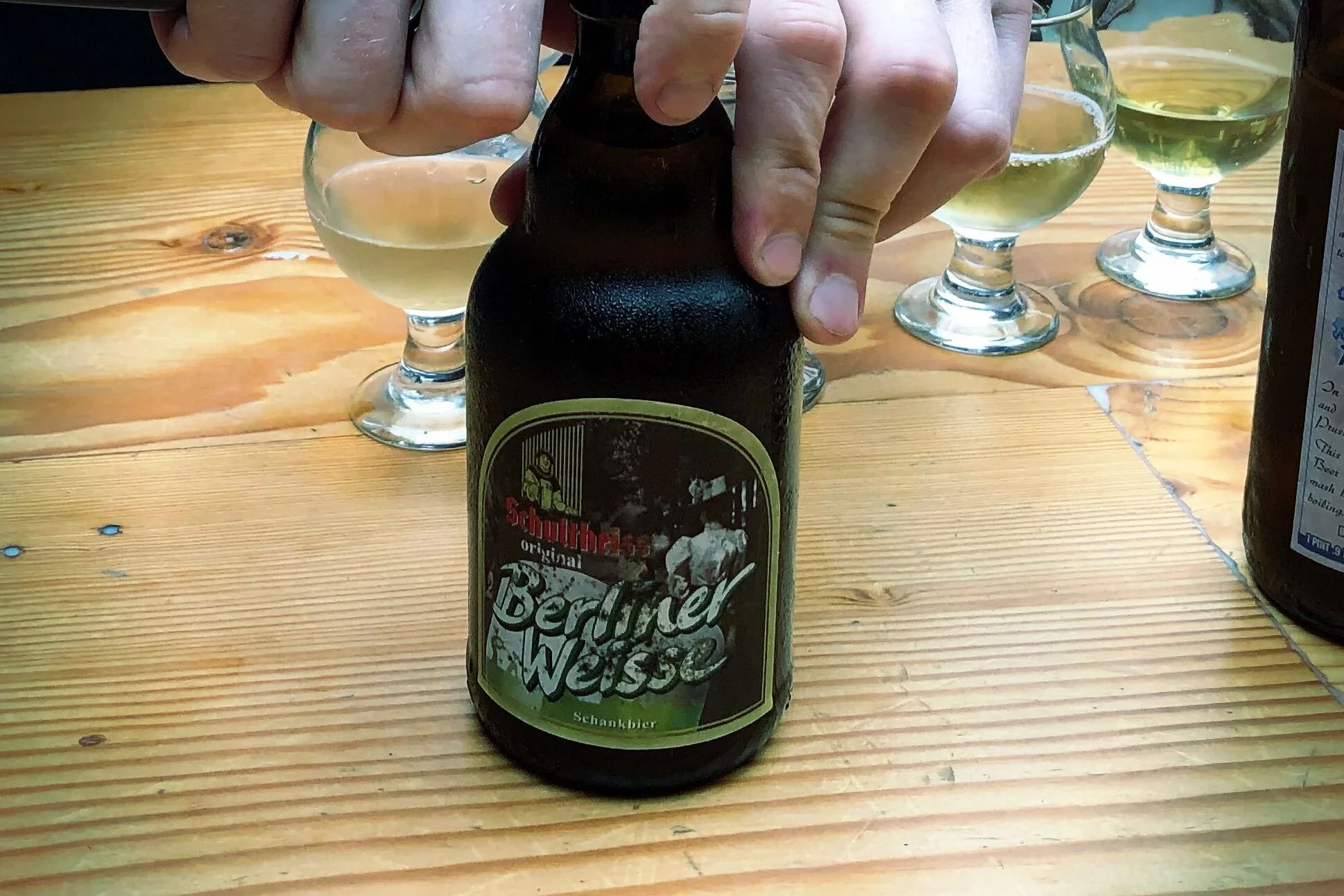
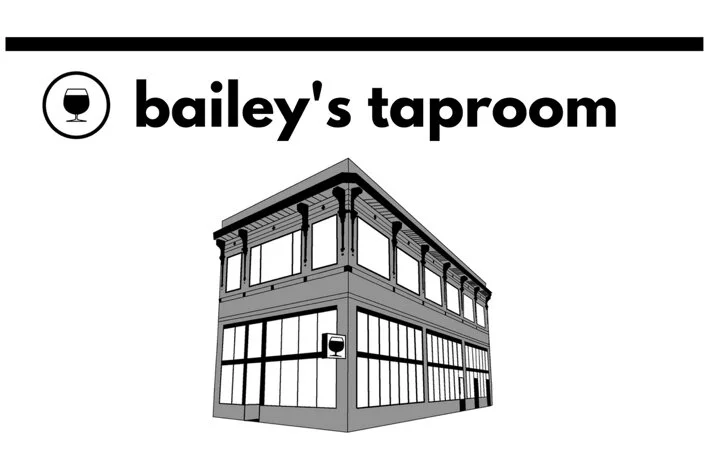




An unearthed 1974 BBC video of Hook Norton is an amazing document, and not for the reasons you might imagine. The brewery, then as today one of the most “traditional” in the UK, was making some interesting beer that sheds a lot of light on the way things change.